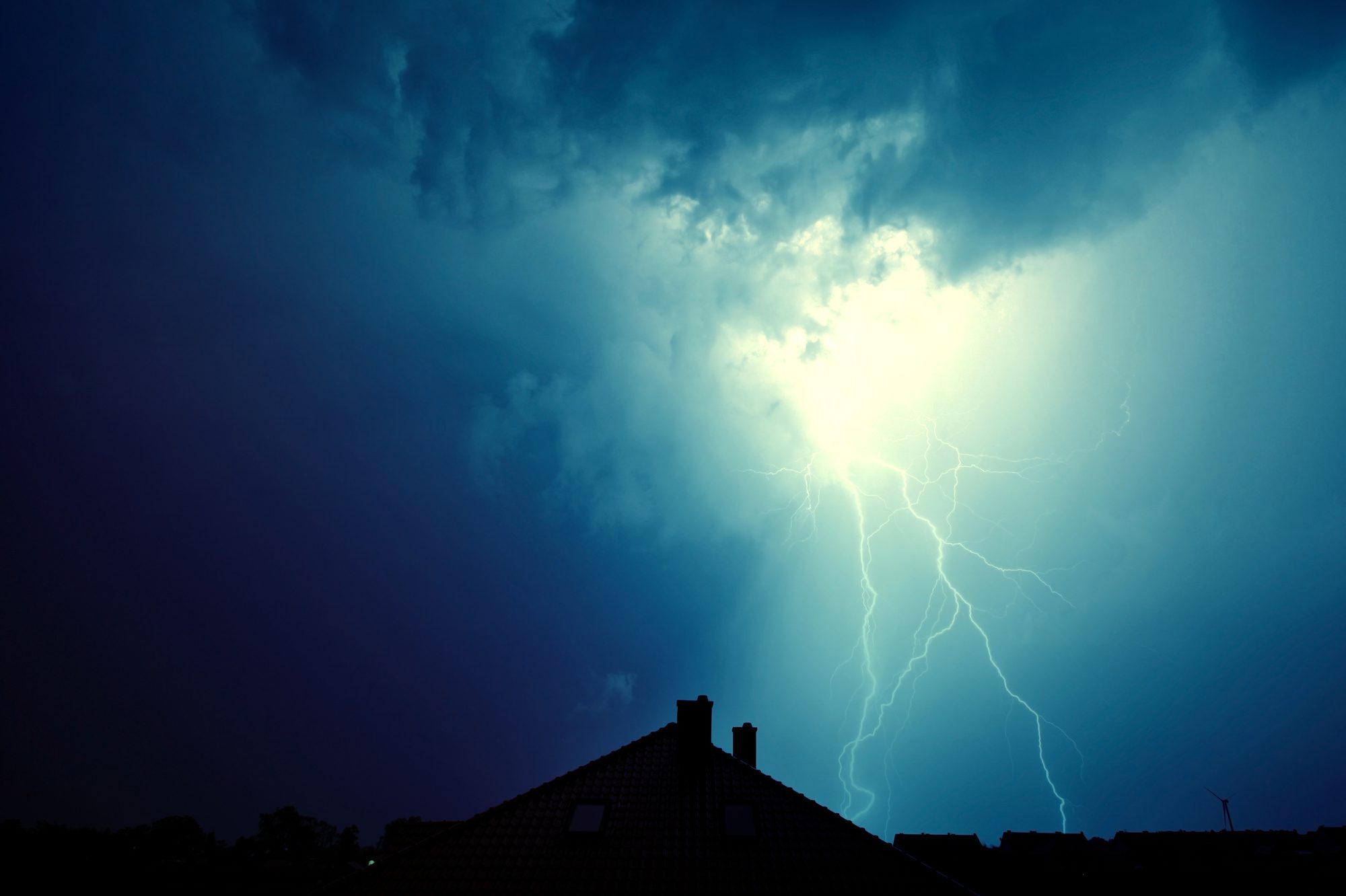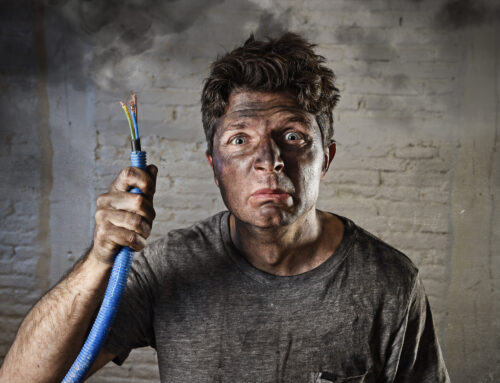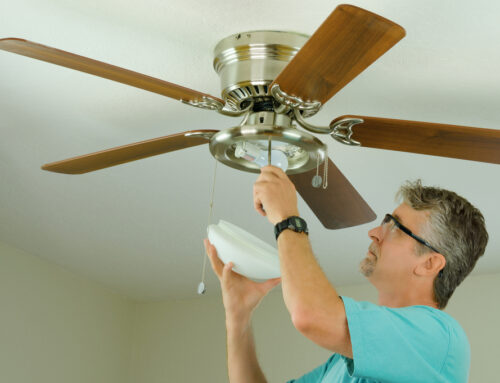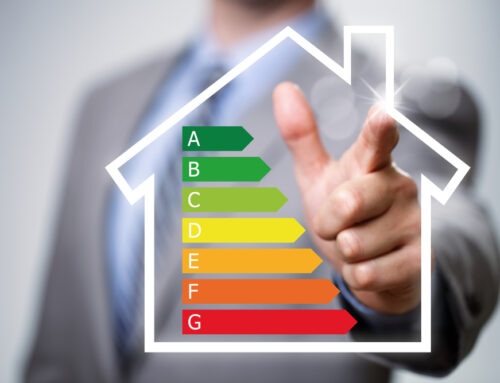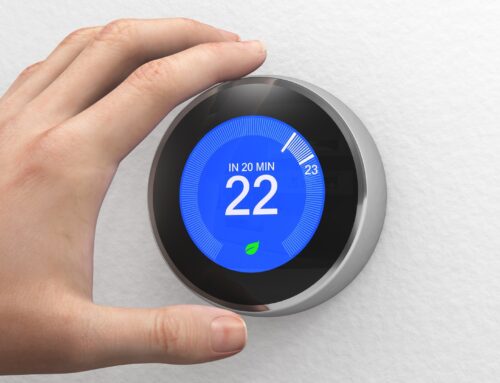On average, Americans spend around $1,200 every year on electronic gadgets. If you’ve got expensive tech gear sitting around your home, will it be safe from electrical issues in the event of a power surge? If you don’t have a surge protector, then they’re at risk of damage. If you’ve ever found yourself wondering, “do I need a surge protector?” the answer is yes!
Still not convinced? Keep reading to learn more about power surges, what the best surge protector can do for your electronics, and more.
What Is a Power Surge?
Power surges occur when an electric current is interrupted momentarily and then resumes. They can happen for a number of reasons, including internal causes like an overloaded circuit or damaged electrical wires.
However, power surges can also come from external sources like a lightning strike. On average, around 8 million lightning bolts strike the surface of the Earth every single day, so there’s always a chance that your area could experience a power surge as a result.
When a power surge occurs, it can cause damage to your electronic devices. While the damage might not be noticeable at first, over time, it could get more serious and your devices may stop working.
What Does a Surge Protector Do?
When you have a surge protector, it helps prevent the power surge from traveling down into plugged-in devices. The surge protector absorbs the extra voltage itself, instead of passing the surge onto your electronics.
This helps keep your electronics in good shape, regardless of how many power surges your home experiences.
However, an important electrical safety tip to remember is that you’ll need to replace your surge protector over time as well. While it’s made to withstand power surges, that extra voltage will eventually damage the protector too. Most surge protectors have a light that indicates whether it’s still effective at protecting your devices.
Which Products Should You Plug Into a Surge Protector?
You might be tempted to plug all of your electronics into a surge protector, but the truth is that you should prioritize anything that contains a microprocessor, as they’re more vulnerable to damage. For example, while you might feel like you can’t live without your morning coffee, your coffee maker is a simpler device and isn’t at risk of as much damage as say, a computer.
We recommend plugging the following types of devices into a surge protector:
- Desktop and laptop computers
- Charging smartphones and tablets
- Televisions
- Video gaming systems
Take a quick glance around your home to see how many electronic devices you need to protect so you can decide which surge protector best fits your needs.
Do I Need a Surge Protector? Now You Know
After reading this article, you should feel confident that the answer to the question, “do I need a surge protector” is a resounding yes! Getting a surge protector is a simple way to keep your expensive electronics protected in the event of damaging surges, so protect your investments today.
Do you have any more questions about electrical help? Our team at White Electric is here for you. Contact us today to learn more about how we can help your home or business.

